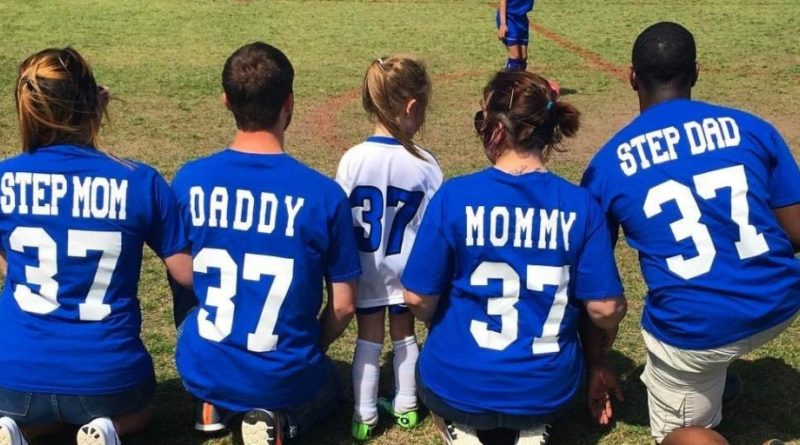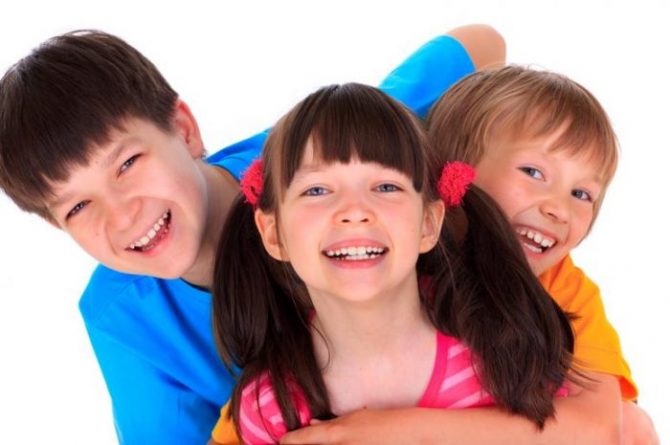
Part 1 Focus: bullet point list of practical uses of counseling for children of divorce
Part 2 Focus (next week): bullet point list of agreements divorcing parents should make to protect the sanctity of the counseling process for the child
As a Tucson child psychologist, I have conducted treatment on hundreds of children of divorced parents over the last two decades.
Reliable social science statistics indicate two out of three marriages fail, which means the majority of our society’s children experience divorce. As a child and adolescent expert witness, I am often asked by judges, attorneys and parents these complex questions: Does this child NEED counseling? And if so, for what? What should the goals of the counseling be? How do we ensure the counselor is not triangulated into any conflict between the parents?
First, let’s put into context how important the presence of a competent, empathic, unbiased third-party child professional can be to your child. As I have pointed out in presentations I have made to attorneys/judges/mental health professionals at the Annual State Bar of Arizona Conference and/or numerous Arizona Family Law conferences, aggregation and meta-analysis of social science research indicates the GREATEST PREDICTOR OF WHETHER YOUR CHILD WILL SURVIVE the potentially toxic effects of divorce, and be well adjusted in their life, is the presence of a Mentor. Someone who the child feels they can trust, who is not caught up in any negative dynamics, who helps shepherd them through even the stormiest of times. And the stormier the dynamics, the more you need to involve a seasoned professional who has a track record of Wise Counsel.
How hard is it to find a competent professional counselor for a child of divorce? Unspeakably! Why? Because the most common reason professional state boards receive complaints is from parents who are part of the divorce process where they accuse a mental health professional of being biased. Willingness to therapeutically work with the child of divorce takes great courage and know-how on the part of the professional.
So….what practical steps can be taken to maximize the chances the child has a SAFE HAVEN, away from what is often toxic conflict, petty gamesmanship, and at worst, efforts by one parent to alienate the child from the other parent. This will be the focus of my blog next week.

This week, based on 15 years of working with high conflict families, I will give you the reasons it is very often good, even for seemingly well-adjusted children coping with a harmonious divorce, to see a counselor because counseling can do the following:
— educate the child on typical feelings children have when their parents’ divorce. Believe it or not, children commonly blame themselves for their parent’s divorce, whether they voice it or not. It often takes years for this privately held psychological reality to reveal itself.
— ensure the child has a “coping toolbox” of a diversity of coping activities and mechanisms they can use when they have distressing feelings
— educate the child to ensure they know the difference between inappropriate coping and healthy coping with distressing thoughts or feelings. Since we all have a tendency toward being more of an externalizer versus being more of an internalizer, it is critical children understand where they are on that spectrum, and specifically what to do given their location on that spectrum. Children who over externalize talk about private feelings with people they should not trust, and children who over internalize hold things in too much and often become anxious and/or depressed. Children who do not receive appropriate counseling who experience toxic events in their childhood are often more susceptible to eventually using drugs, early pregnancy, or to develop serious psychological problems.
— educate the child on what to do when a parent is saying mean things about the other parent. Child should have a step-by-step plan so they feel they can handle these kinds of potentially distressing situations.
— help child confidently understand the typical kinds of thoughts and feelings parents will have after they get divorced. Parents often go through a period of mourning when they grieve over the loss of their marital status, become moodier and/or abuse substances, and/or develop entrenched negative attitudes about the gender of the parent they divorced. Children need to understand this so that they do not internalize these demeanors or attitudes.
— review the “Bill of Rights” with child, which is a commonly distributed document which helps the child understand what their rights are amidst this very difficult process.
— ensure the child processes and works through any distressing memories child has of inappropriate parental behavior which often includes verbal altercations, physical abuse, and or inappropriate dynamics such as passive aggressiveness or coercive controlling behavior. If you want to read more about what coercive controlling behavior is, click here. It is one of the most under acknowledged phenomenon in all of family law and dynamics.
— educate the child on how they can handle situations where a parent may become very emotional, such as when they are crying or having anger outbursts. Parents who divorce often regress and exhibit highly inappropriate and immature behavior. Whether you think it’s behind closed doors or not, children are incredibly sensitive and intuitive. The child needs to understand what to do in these situations, because they are often caught between feeling like they need to try and soothe the parent and at the same time feeling terrified because they are literally watching their parent have what they might perceive to be a psychological breakdown.
— educate the child on how it can be normal to have difficulty going back-and-forth between parents, and strategies the child can use to ease the transition between the two homes. There are very practical psychologically informed techniques that can be used to help the child make transitions much easier. Believe it or not, making these transitions for many children can feel overwhelming, especially because, not uncommonly, they feel they need to radically change their demeanor because the environments at the two homes are drastically different.

In my next blog I will outline a bullet point list of elements that divorcing parents should agree on to ensure their child can benefit from therapy, such that the confidential nature of therapy is protected. If this does not happen you are setting your child up to not only not trust a counselor, but other adults. This sets them up to – for the rest of their life – have very significant problems with trust, undermining their ability to develop healthy and deeply meaningful relationships that make life worth living.
